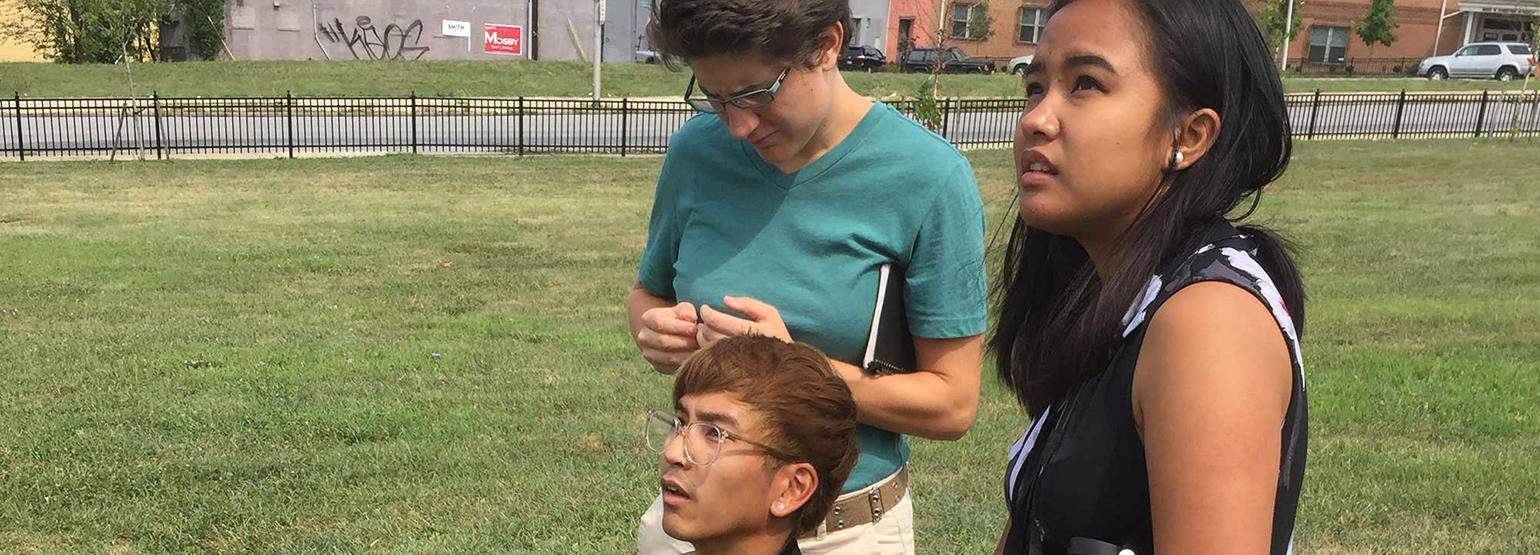
Howard Center For Investigative Journalism
The Howard Center, funded by the Scripps Howard Foundation, collaborates with professionals and students at Maryland and around the country to publish impactful journalism.
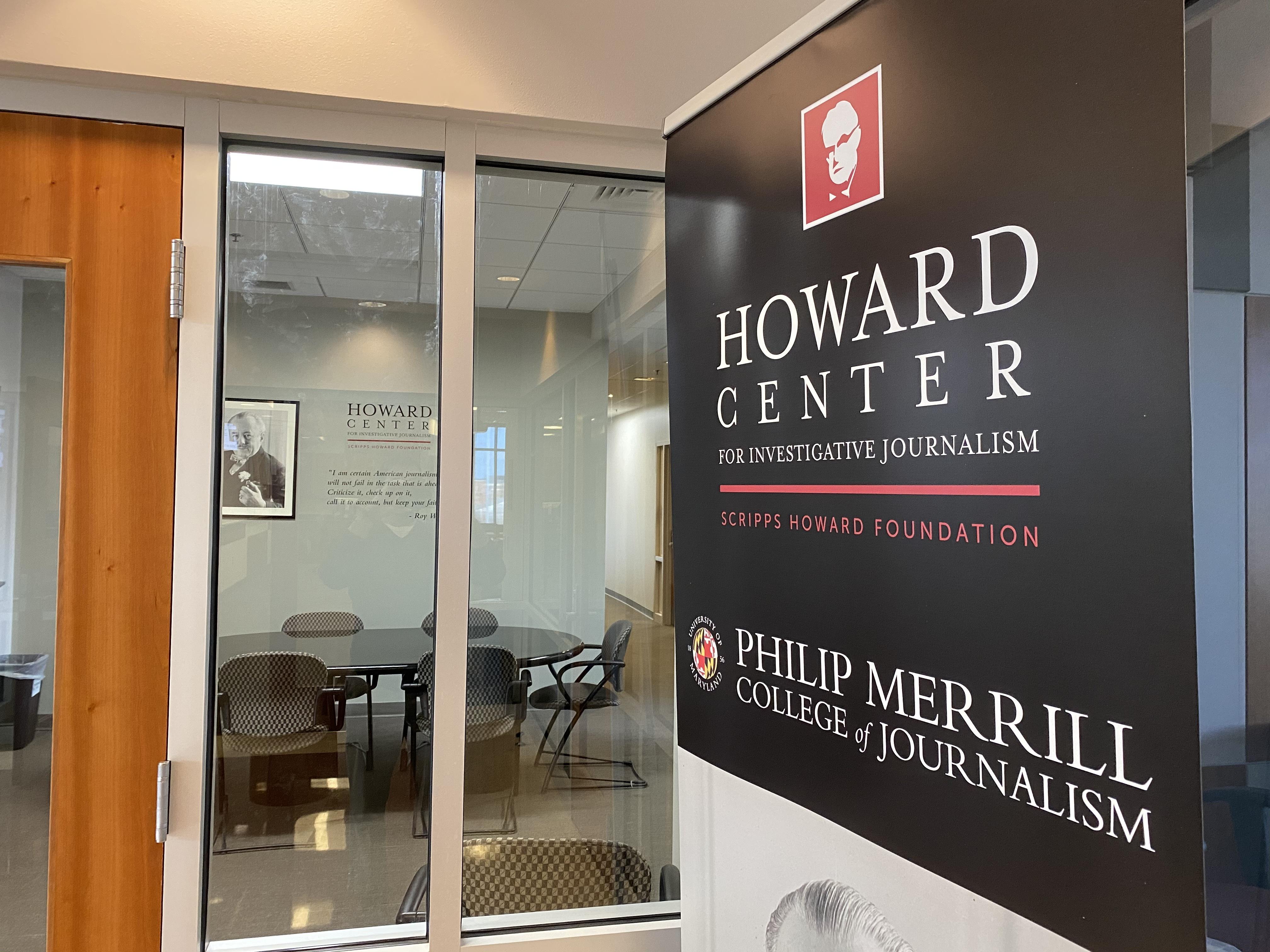
Dive deep into data. Investigate the issues. Shine light on society's injustices. Partner with professionals. Produce stories with impact.
Howard Center Projects
Lethal Restraint (March 2024)
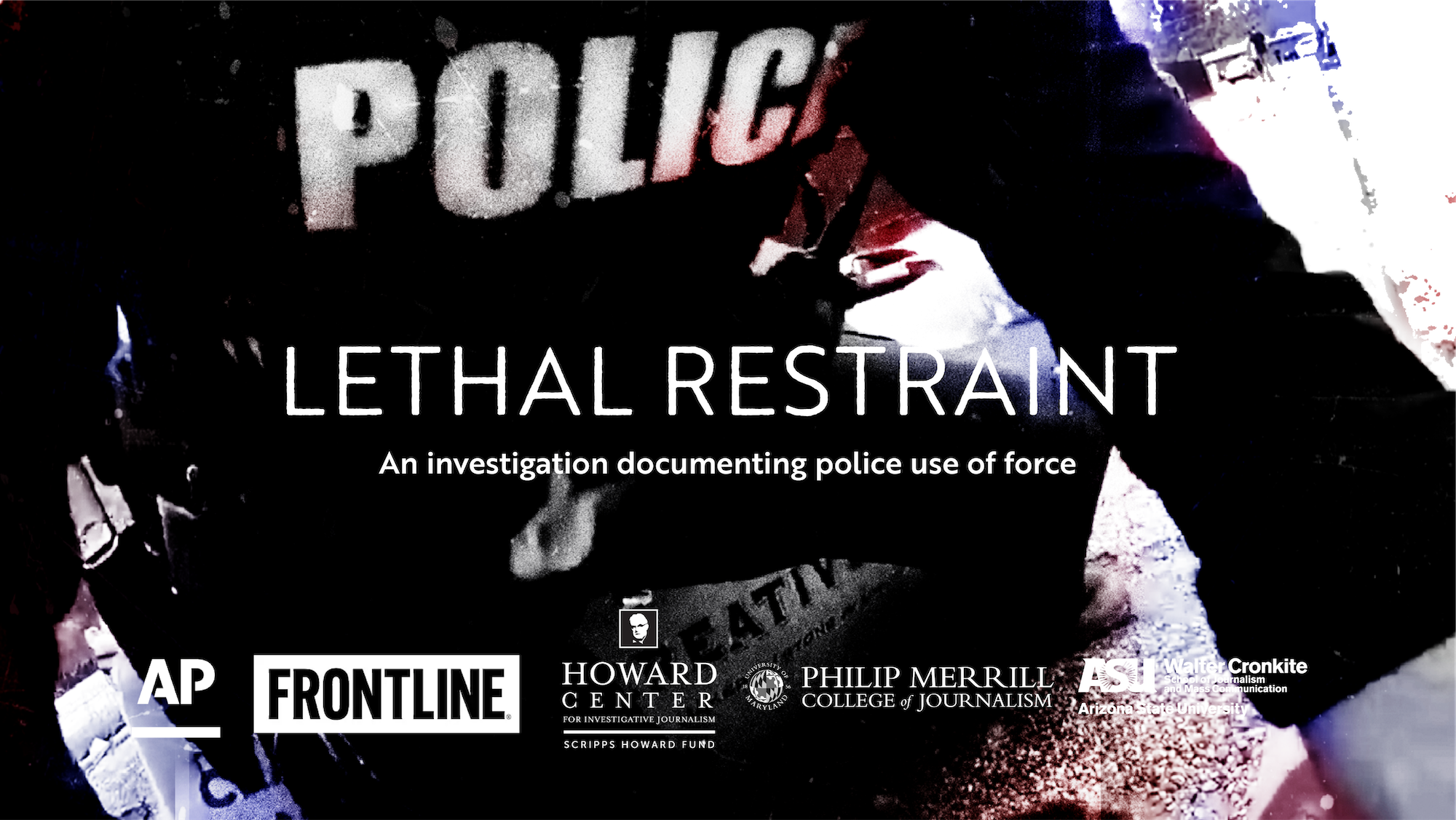
The Associated Press global investigations team, the Howard Centers for Investigative Journalism at the University of Maryland and Arizona State University, and FRONTLINE (PBS) published their three-year investigation, “Lethal Restraint: An investigation documenting police use of force.”
The team of AP journalists documented that police tactics intended to stop people without killing them — often in instances where people were unarmed and not a threat to public safety — resulted in 1,036 deaths in the U.S. from 2012-2021. Hundreds of the cases were a result of poor training or officers not following best safety practices.
The project involved 205 students, faculty and staff from Merrill College. The project includes a dynamic visual story, an interactive database, multiple traditional stories and a FRONTLINE documentary. In addition to the AP site for "Lethal Restraint," Merrill College's Capital News Service published a site to host the project.
- Finalist for Pulitzer Prize in Investigative Reporting
- Winner of RTDNA, Edward R. Murrow Award for News Series (Large Digital Organization)
- Winner of National Headliner Award, Digital Journalism Best in Show
- Winner of National Headliner Award, First Place in Best Online investigative reporting for digital partnerships with other news outlets
- Special Citation from USC Annenburg, Selden Ring Award for Investigative Reporting
- Finalist for Online News Association, Online Journalism Awards, Excellence in Visual Digital Storytelling, Large Newsroom
- Finalist for Online News Association, Online Journalism Awards, Excellence in Collaboration and Partnerships
- Finalist for News and Documentary Emmy Award, Outstanding Investigative News Coverage – Long Form
- Finalist for News and Documentary Emmy Award, Outstanding Research – News
- Finalist for Royal Television Society, Television Journalism Awards, Digital Journalism
- Finalist for The Deadline Club, Public Service Award
- Finalist for Webby Award, News and Politics Video and Film
- Semifinalist for The Shorenstein Center on Media, Politics and Public Policy at Harvard Kennedy School, The Goldsmith Prize for Investigative Reporting
Youth Tackle Football (February 2024)

In collaboration with Merrill College’s Shirley Povich Center for Sports Journalism, the Howard Center published “Youth Tackle Football: Balancing risks and rewards depends on race and place” — a four-month investigation on how the risks and rewards of the sport are weighed.
Students interviewed dozens of parents, coaches, youth players, medical researchers and former pro football players, and the Povich and Howard centers worked with Ipsos to conduct an in-depth national public opinion poll of parents. That allowed them to put together a comprehensive illustration of how youth tackle football is viewed today.
The project was done in partnership with PBS NewsHour, which aired a Feb. 13 segment produced by Merrill College student journalists. The six-story project was also was distributed nationally by The Associated Press and featured on NPR's "All Things Considered" on Feb. 8.

Gambling on Campus (February 2023)
In collaboration with Merrill College’s Shirley Povich Center for Sports Journalism, the Howard Center published “Gambling on Campus,” a wide-ranging investigation into universities and sports betting.
College students are in the highest risk group for problem gambling, yet the investigation shows universities have been slow to create policies, educational programs or restrictions on sports betting. That’s despite the aggressive expansion of sports gambling across the U.S. and abundant advertising at some college campuses.
The project was done in collaboration with PBS NewsHour, which aired two segments based on the reporting in the project. The Associated Press distributed the project nationally.
- Investigative Reporters & Editors Award, first place in the Student - Large category
- Associated Press Sports Editors, first place in the 2023 contest's Division D Projects category
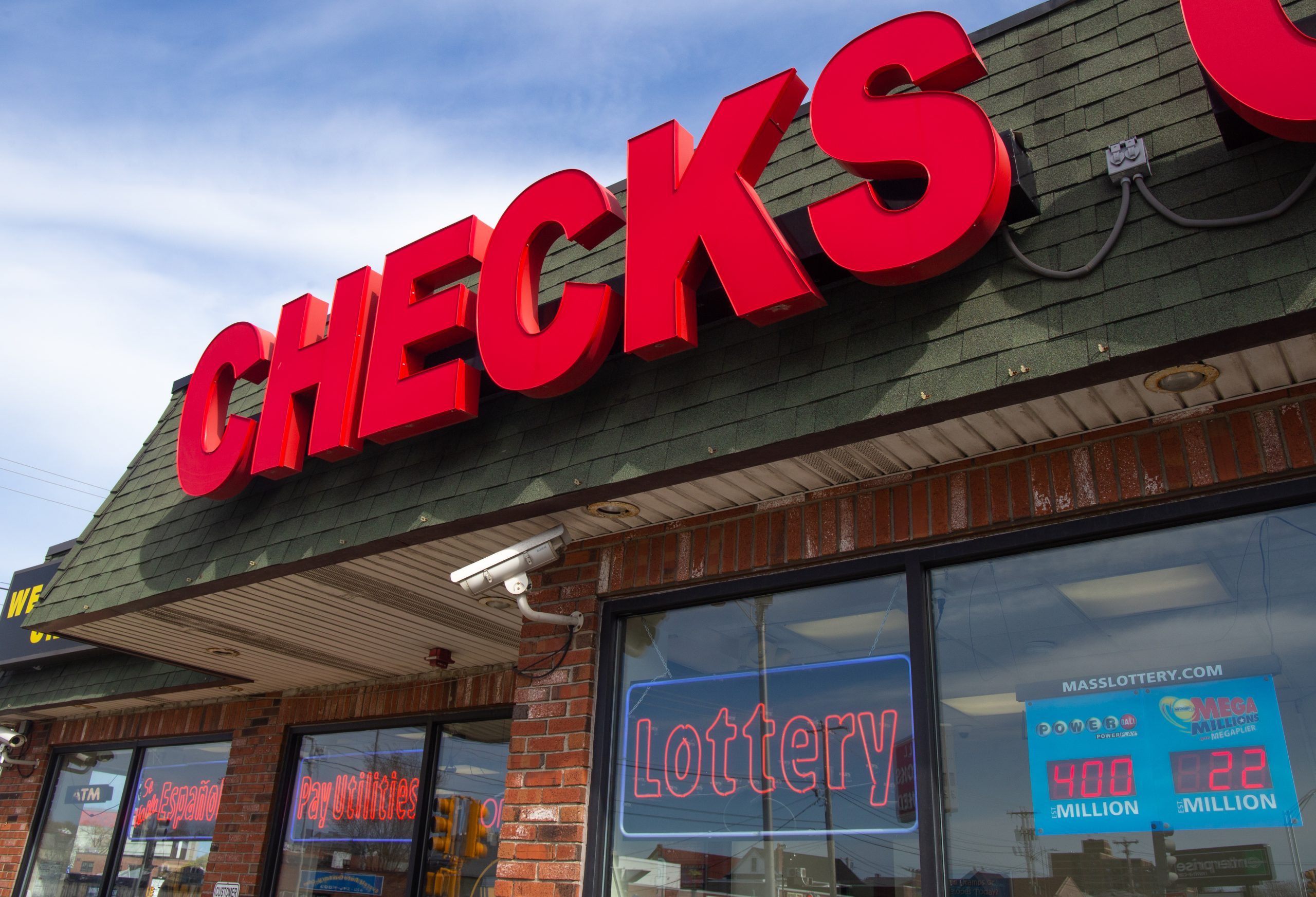
Mega Billions: The great lottery wealth transfer (July 2022)
Using an analysis of cellphone location data, this nationwide investigation of state lotteries found that stores that sell tickets are disproportionately clustered in lower income communities in nearly every state and that their customers come from those neighborhoods.
This pattern, coupled with predatory advertising practices and powerful state lobbying efforts, is driving a multibillion-dollar wealth transfer from low-income U.S. communities to powerful multinational companies, the collaboration between the Howard Center and Boston University found.
The project was distributed nationally by The Associated Press. Portions of the project also were published by The Post and Courier in Charleston, South Carolina.
- Online News Association, Online Journalism Awards, The Al Neuharth Innovation in Investigative Journalism Award, Small Newsroom
- Walter Cronkite School of Journalism and Mass Communication at Arizona State University, Shaufler Prize in Journalism (Student category)
- Finalist for Investigative Reporters & Editors Award, Student - Large category
- Ranked the No. 5 journalism collaboration of 2022 by the Center for Cooperative Media
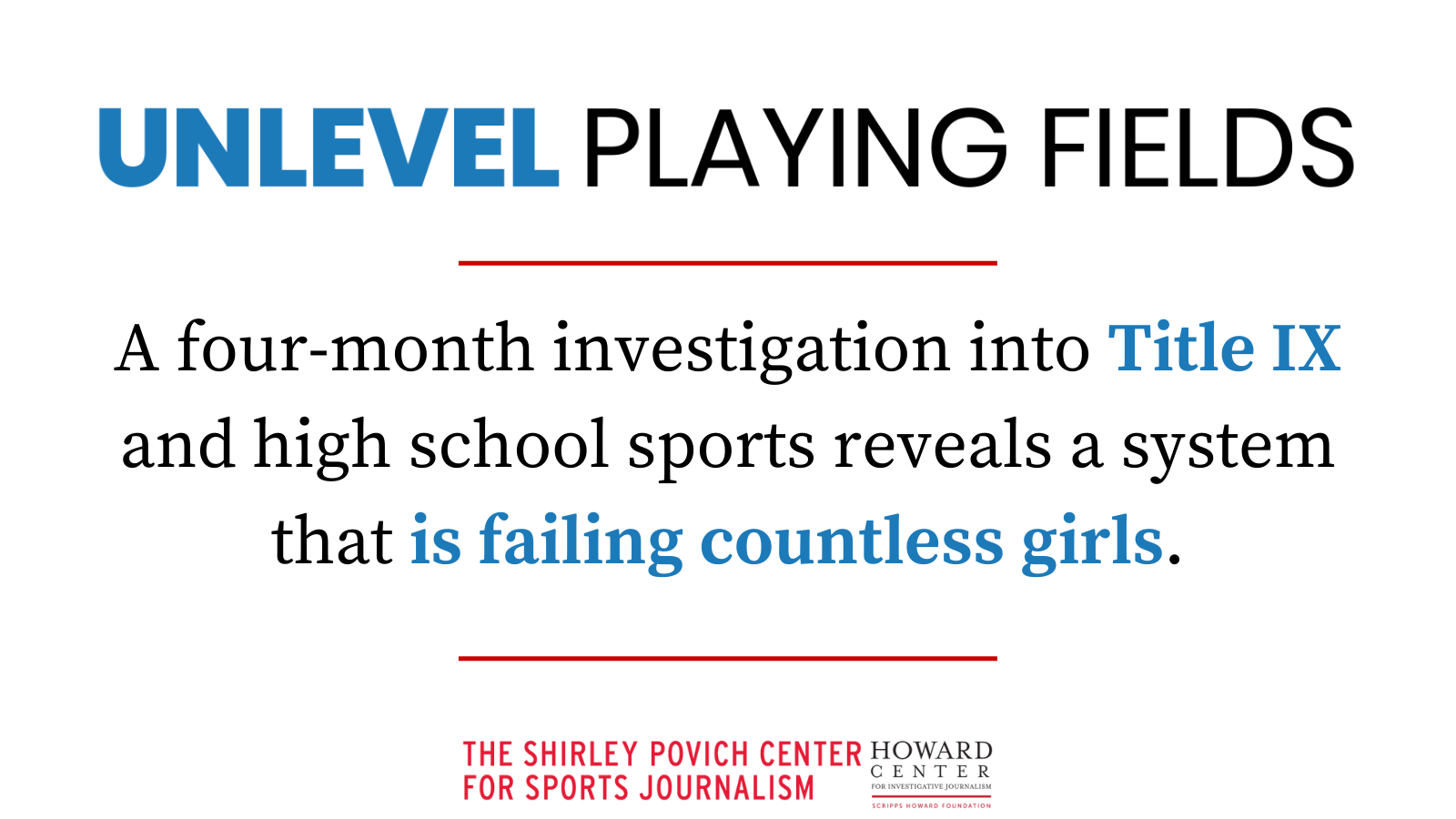
Unlevel Playing Fields (April 2022)
In collaboration with Merrill College’s Shirley Povich Center for Sports Journalism, the Howard Center published “Unlevel Playing Fields,” an in-depth investigation into Title IX and high school sports as the landmark legislation celebrates its 50th anniversary in June.
Title IX, which passed in 1972, is a federal law that prohibits sex-based discrimination at any school that receives funding from the federal government, including in sports programs. While Title IX has led to a significant increase in girls playing scholastic sports, it has fallen short of achieving equity for high school girls in areas such as facilities, equipment, scheduling and publicity, the four-month, student-led investigation found.
The project was done in collaboration with PBS NewsHour, which aired a Title IX segment. PBS NewsHour, The Associated Press, Just Women’s Sports and Word In Black published parts of the project.
- Associated Press Sports Editors, First place in the 2022 contest's Division C/D Projects category
- The Drake Group, Student Journalism Prize for Investigative Reporting on Intercollegiate Athletics
- Maryland, Delaware, District of Columbia Press Association, Second prize in contest's Division O (online-only) Investigative Reporting category
- Cited by the Women's Sports Foundation report, "50 Years of Title IX: We’re Not Done Yet"
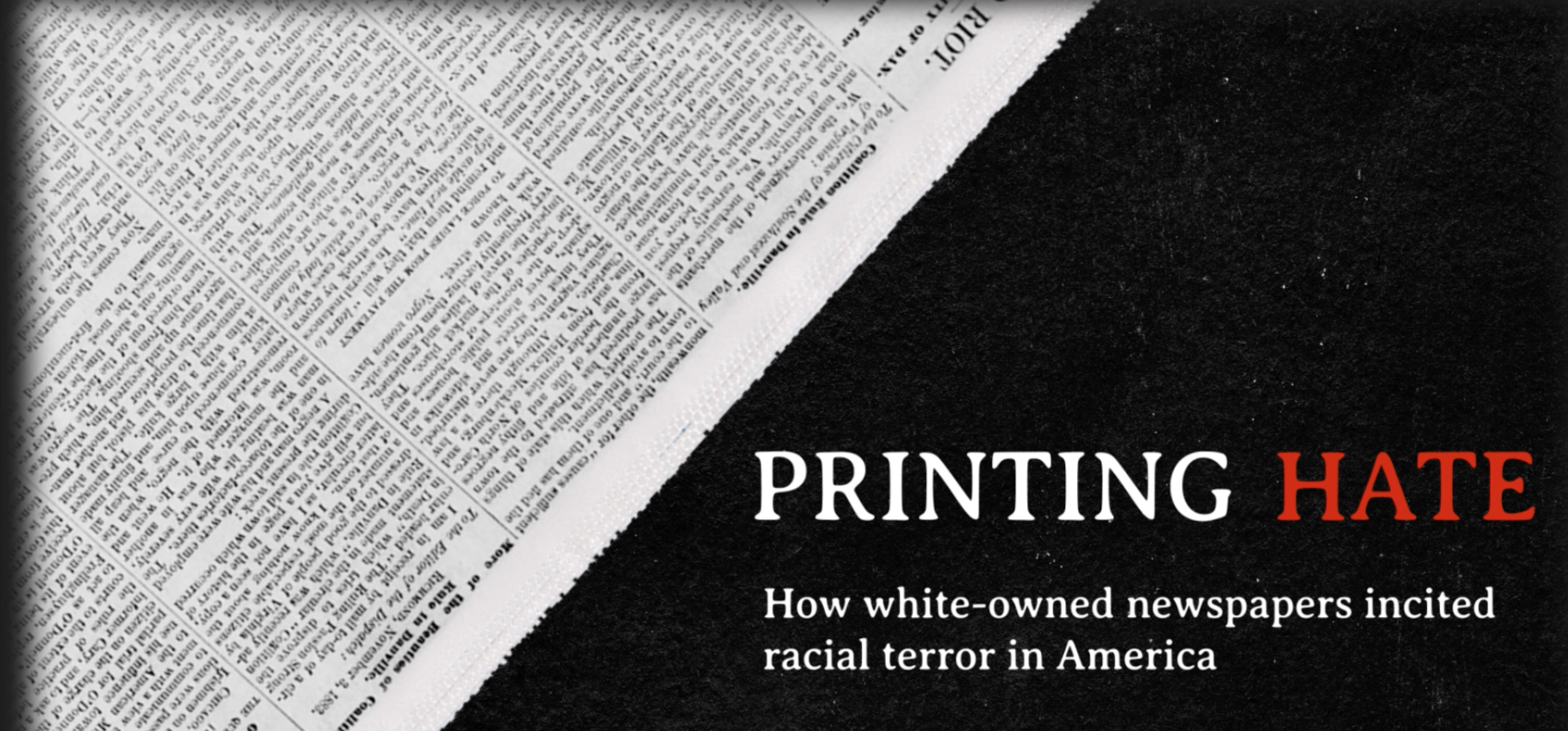
Printing Hate (Fall 2021)
From the end of Reconstruction to 1940, newspapers were the most powerful news medium in America. Those run by white supremacist publishers and editors printed headlines and stories that fueled racial hate, inciting massacres and lynchings of Black citizens.
Inspired by Associate Professor DeNeen Brown's reporting on the 1921 Tulsa Race Massacre, the Howard Center published more than 40 stories on the subject after teaming journalism students from Merrill College, Hampton University, Howard University, Morehouse College, Morgan State University, North Carolina Agricultural & Technical State University and the University of Arkansas.
The package also included a short documentary, static and motion graphics, photos and audio. A database published in December significantly expanded the scope of the project. It includes historic examples from nearly 70 additional newspapers that featured racist local coverage of lynchings. All of the papers in the database are still published today in some form.
- Investigative Reporters & Editors Medal
- Investigative Reporters & Editors Award, Student - Large category
- News Leaders Association, Punch Sulzberger Innovator of the Year Award
- Society of Professional Journalists, Sigma Delta Chi Award for Collaborative Journalism
- Online News Association, Online Journalism Award, Student Journalism Award for Portfolio: Student Team
- Maryland, Delaware, District of Columbia Press Association, Courage in Journalism Award
- Ranked the No. 6 journalism collaboration of 2021 by the Center for Cooperative Media
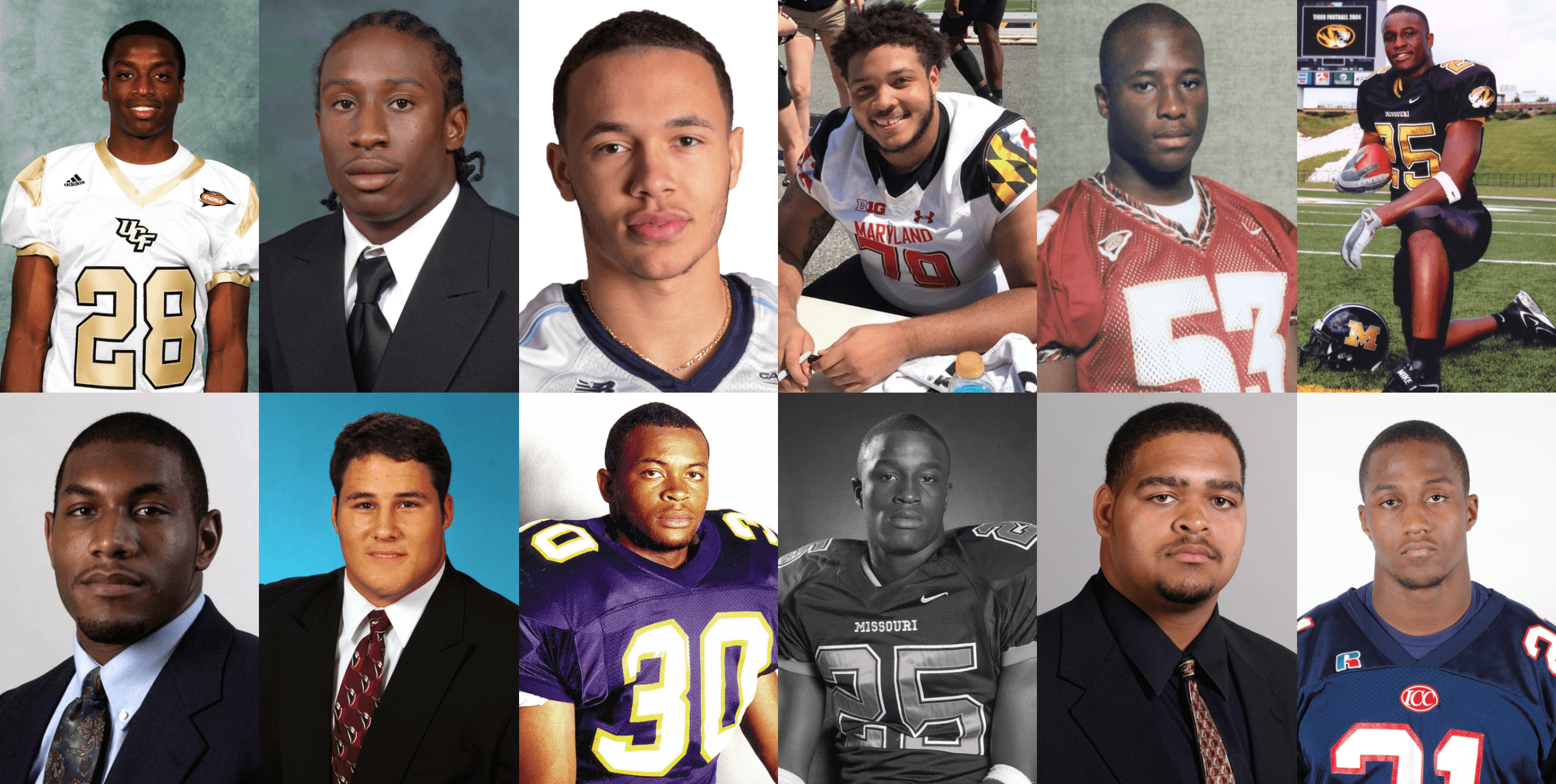
Pushed Too Far (August 2021)
The first collaboration between the Howard Center and Merrill College’s Shirley Povich Center for Sports Journalism investigated the 22 Division I college football player deaths from exertion-related illnesses since 2000.
The primary causes of death for these incidents are sudden cardiac arrest, heatstroke and collapse from sickle-cell trait. The story explores the fact that football programs and coaches face few repercussions from institutions or the NCAA, even when they violate recommended safety precautions that might have prevented death. The story also examines measures taken by the NCAA to address the problem of exertional death.
The project -- reported by Professor of the Practice Kevin Blackistone’s Spring 2019 and Spring 2020 Sports Reporting and Writing classes, and master’s student Dan Novak -- was published by USA Today and by the Howard Center through Capital News Service.

Essential and Exposed (May 2021)
The Occupational Safety and Health Administration has failed to protect essential workers amid the pandemic.
Student journalists from Merrill College, the University of Arkansas, Boston University and Stanford University came together to find that responsibility for worker safety is splintered among federal OSHA, state agencies and even local boards of health. Communication among them is muddled. As a result, there is little accountability for the failure of government watchdogs to keep workers safe from COVID-19.
The consortium documented that oversight of worker safety in the U.S. rarely results in meaningful consequences for companies that aren’t protecting workers. When workers try to sound the alarm to OSHA by submitting COVID-related complaints, only a fraction lead to inspections, and even fewer result in a citation. The project was published by The Associated Press.
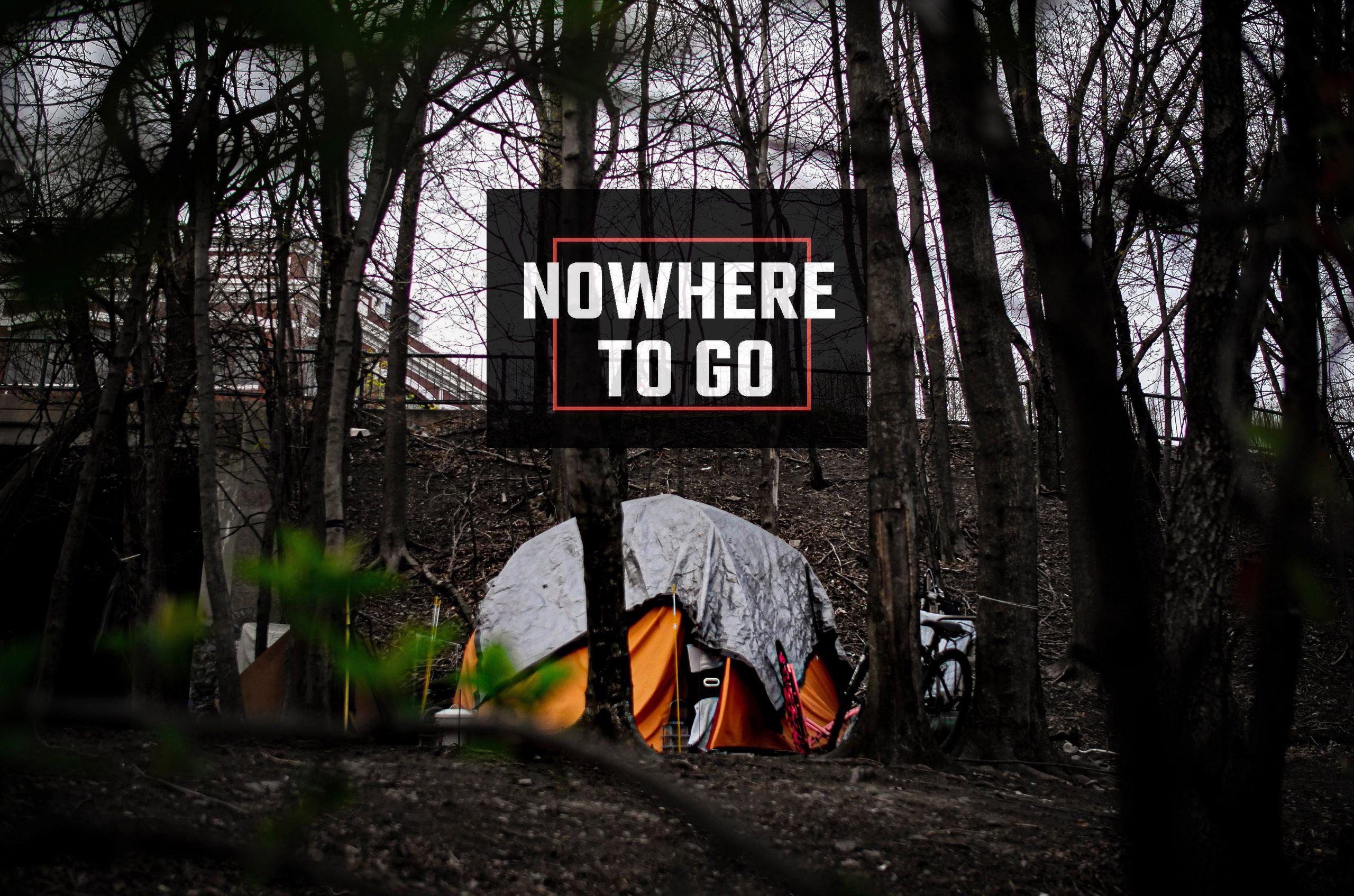
Nowhere To Go - Criminalization, Encampments (Summer 2020)
Homelessness. It plagues every corner of the country, driving political debate from city halls to the White House as elected leaders try to figure out what to do about the half-million Americans living on our streets.
The Howard Center for Investigative Journalism wanted to take a nationwide snapshot of how homeless people are being treated in America, particularly those living outside, with nowhere to go.
To do that, the Howard Center created an unprecedented collaboration among seven university journalism programs spanning the country: Merrill College, the University of Oregon, Boston University, Stanford University, the University of Arkansas, the University of Florida and Arizona State University. The project was published by The Associated Press.
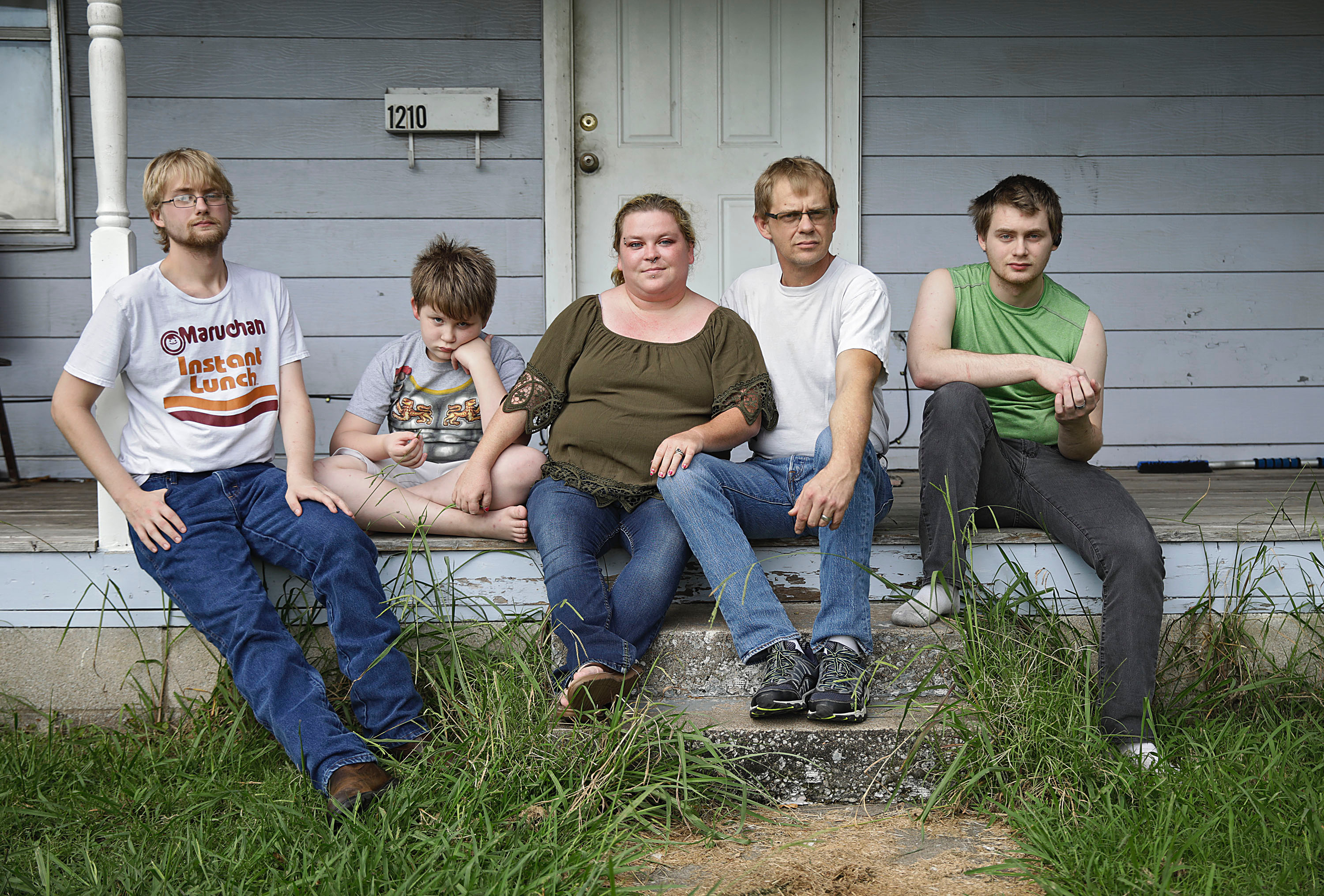
Nowhere To Go - Evictions (Fall/Winter 2020)
The Howard Center expanded its reporting to include those who could join the ranks of the homeless after the arrival of the coronavirus caused millions of people to lose their jobs.
The evictions package uses court records, eviction data, public records and interviews with landlords, tenants and housing experts to assess how the CARES Act eviction moratorium played out on the ground. The Howard Center found confusion at every level, which led to selective enforcement of the law and unequal treatment for renters.
The Howard Center also published pieces about people in danger of being evicted from public housing and trailer parks, the latter reported and written by Lecturer Constance Mitchell Ford's class.
- Society of Professional Journalists, Sigma Delta Chi Award for Collaborative Journalism
- Society of Professional Journalists (D.C. Chapter), Dateline Award, Non-Breaking Online News category
- Society of Professional Journalists (Region 1), Mark of Excellence Award, In-Depth Reporting (Large) 10,000+ Students category
- Finalist for Investigative Reporters & Editors Award, Student - Large category
- Collaboration was the subject of a story by the Center for Cooperative Media, entitled “Inside one of the largest college journalism collaborations ever”
- Ranked the No. 7 journalism collaboration of 2020 by the Center for Cooperative Media
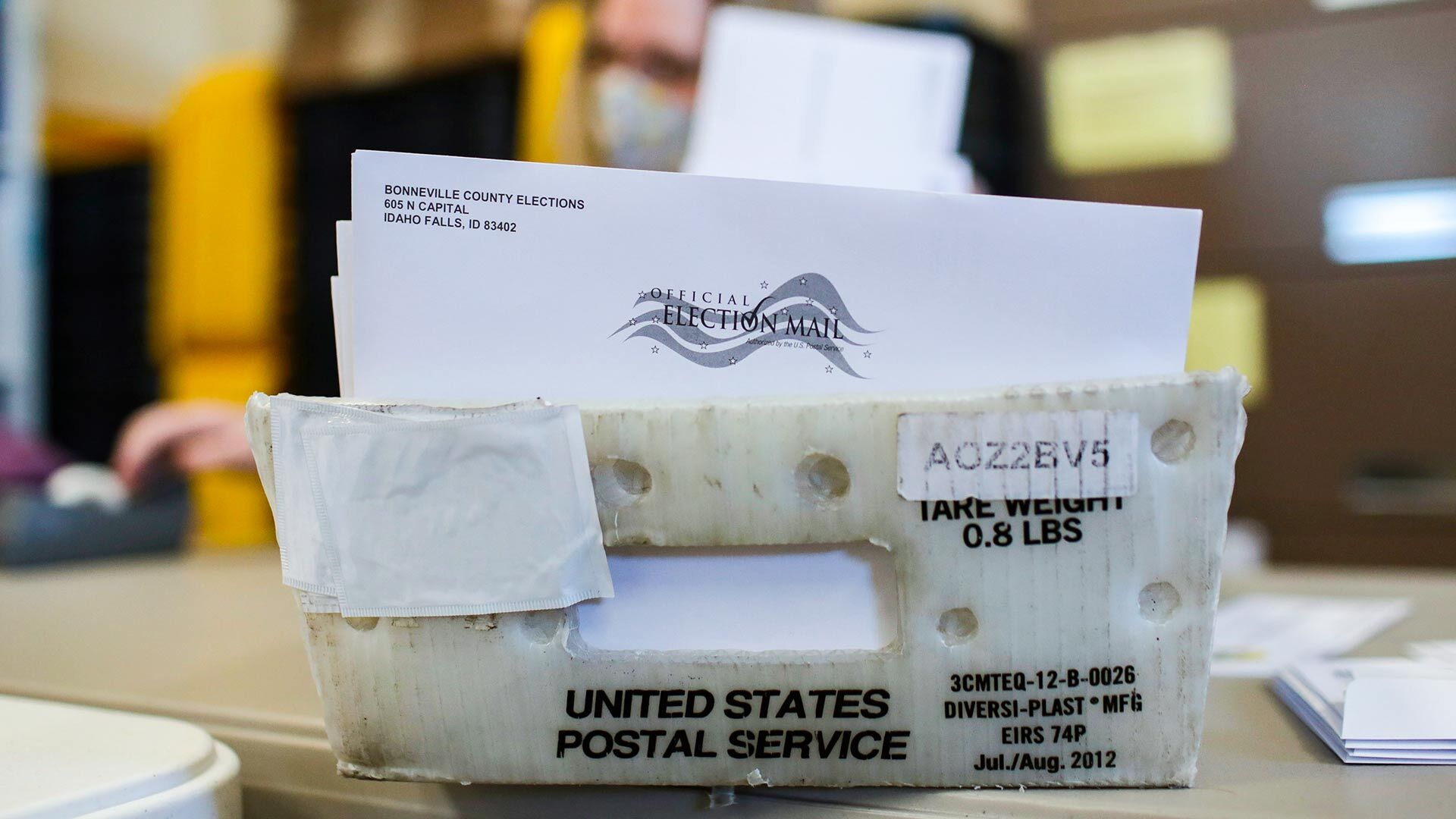
Election Mail Project (Fall 2020)
As voters worried whether a slowed-down U.S. Postal Service could handle a surge of mailed ballots amid the coronavirus pandemic, the Howard Center partnered with USA TODAY to measure mail performance in real time in critical swing states.
They sent packages each week containing GPS units about the size of a fun-size Snickers bar and tracked their journey in both Democratic- and Republican-leaning areas in Arizona, Florida, Michigan, Ohio, Pennsylvania, Wisconsin and Nebraska’s 2nd Congressional District. Since the GPS units made the envelopes heavier than a standard ballot, reporters also used ordinary letters sent by certified mail with the bar codes logging each step from a mailbox to a location near an election office.
The genesis of the initiative was a summer conversation between Sean Mussenden, data editor for the Howard Center, and Krishnan Vasudevan, Merrill assistant professor in visual communication. USA TODAY published a story about that first batch of findings on Oct. 2, 2020, and published more findings later in October and November.
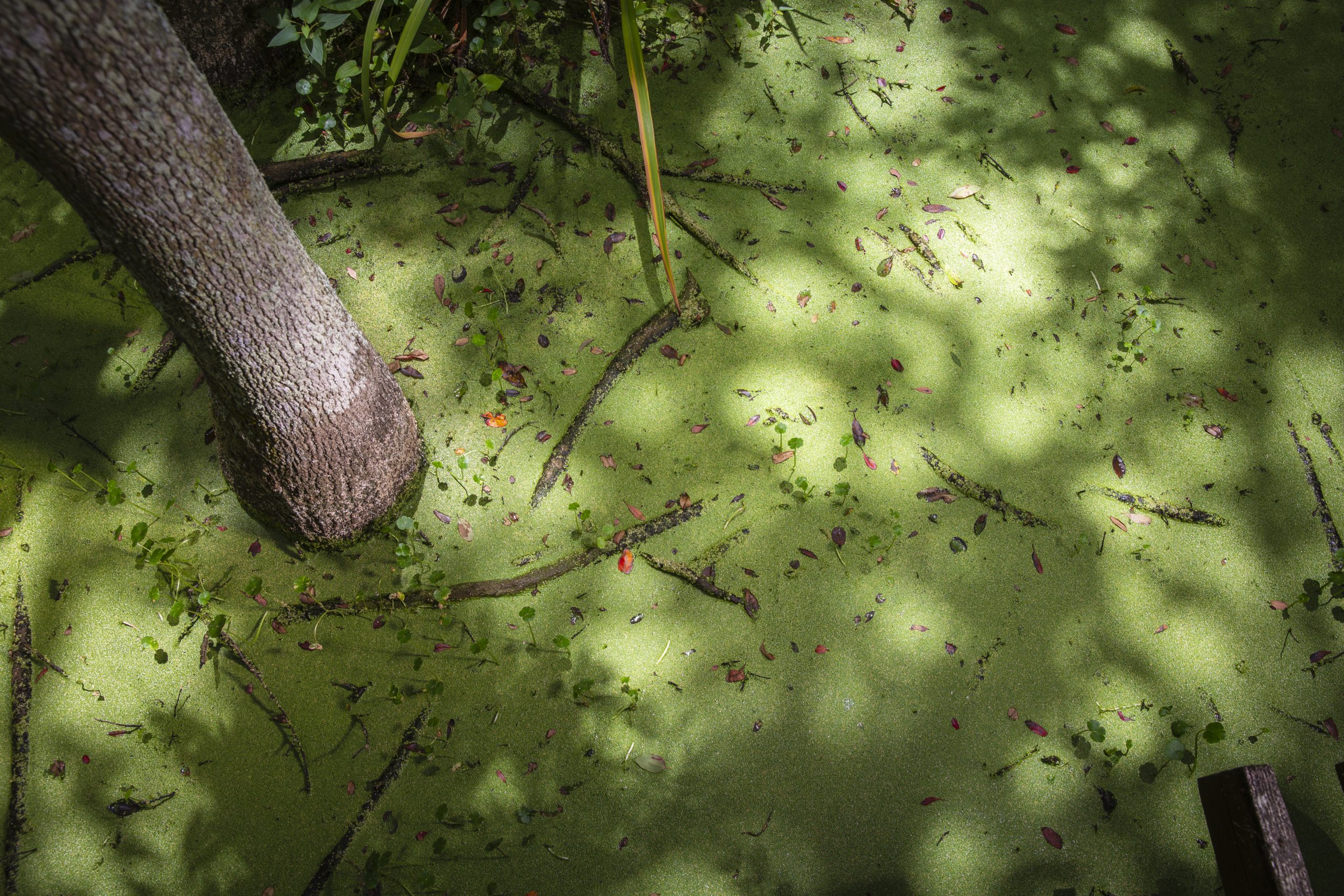
Saltwater Invasion (November 2020)
Saltwater intrusion is an under-the-radar product of the climate crisis. The landward movement of seawater threatens drinking-water supplies, coastal farming and coastal ecosystems. The consequences of this environmental problem were revealed in interviews with more than 100 researchers, planners and coastal residents, along with soil testing and analyses of well-sample data conducted by the Howard Center.
The threat is widespread; roughly 40% of Americans live in coastal counties, according to the National Oceanic and Atmospheric Administration. Rising seas, more frequent storms, higher tides, drought and the pressure of pumping for drinking water combine to accelerate the salt invasion.
The project -- from veteran journalist Bill Lambrecht, the Howard Center’s inaugural visiting professional, and Gracie Todd, one of the center's inaugural Howard fellows -- was published by The Associated Press and The Baltimore Sun.
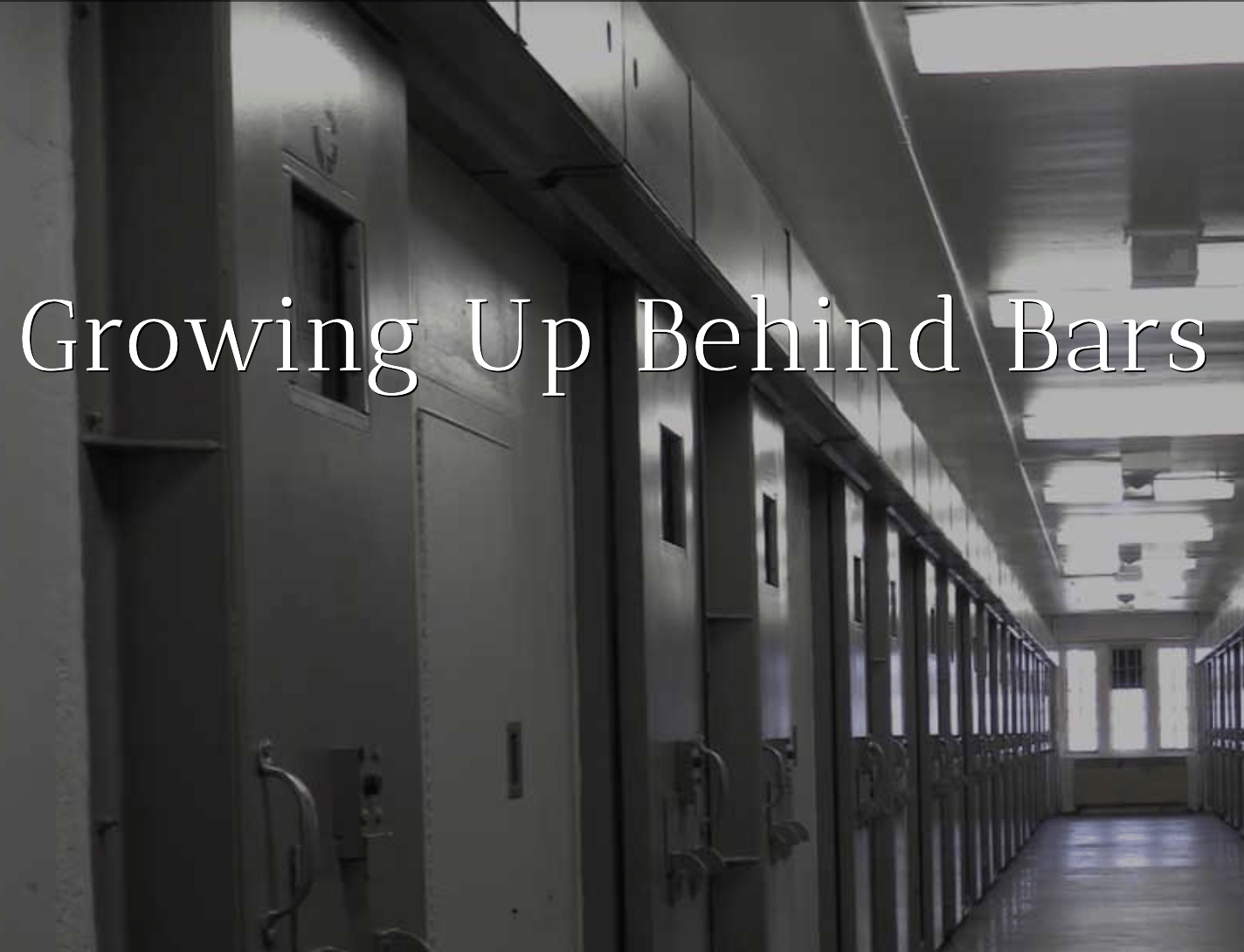
Growing Up Behind Bars (December 2019)
The United States was the only country to condemn minors to life in prison with no chance for parole. In recent years, the Supreme Court has ruled this unconstitutional.
Yet more than 2,000 so-called juvenile lifers remain in prison in what the court says is cruel and unusual punishment.
This work is a collaboration among the University of Maryland's Howard Center for Investigative Journalism and Capital News Service and the PBS NewsHour.
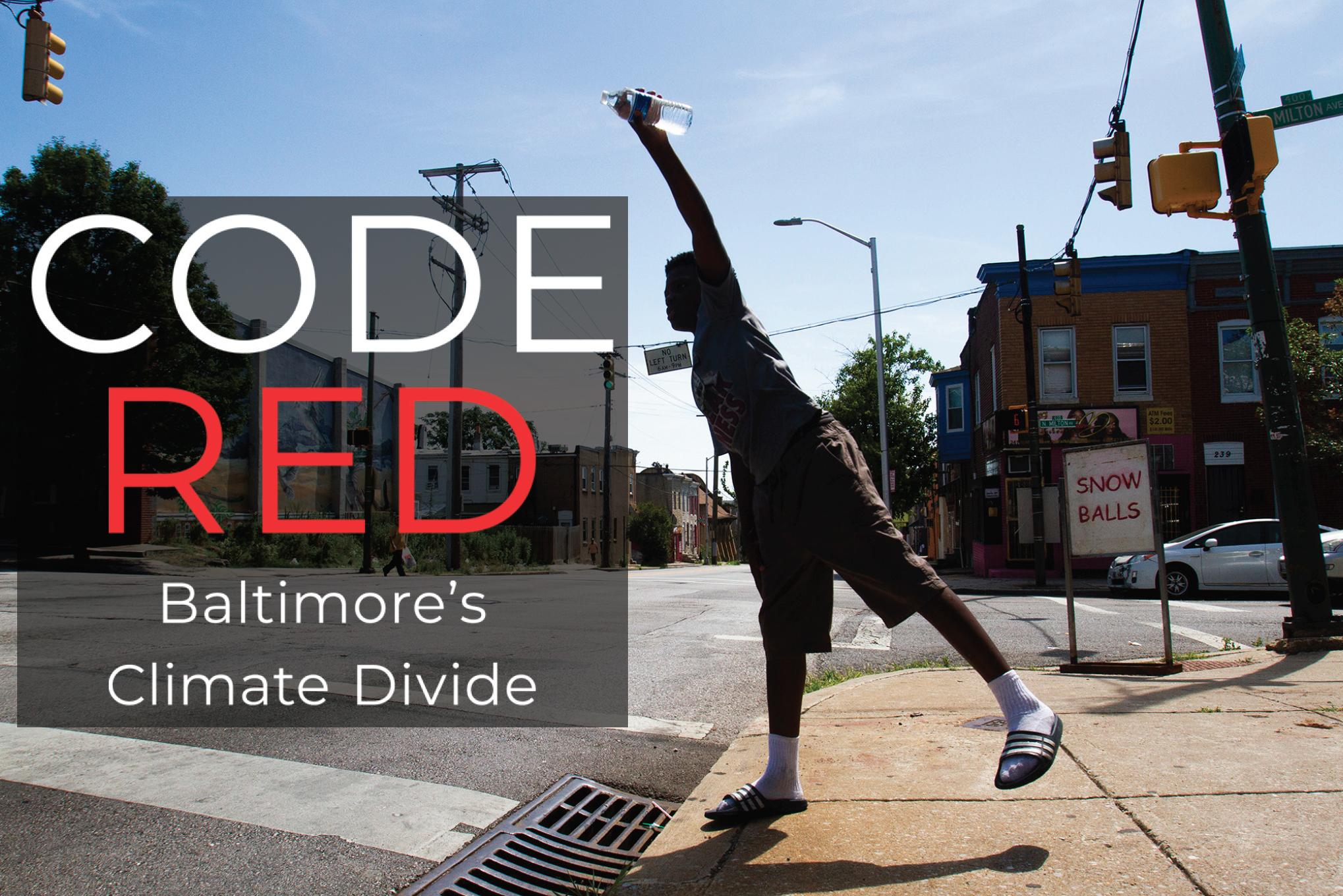
Code Red: Baltimore's Climate Divide (September 2019)
Urban heat islands vividly illustrate the price humans will pay in the world’s growing climate crisis. With an abundance of concrete and little shade, they get hotter faster and stay hotter longer.
Rising temperatures in these neighborhoods will mean more trips to the hospital for heart, kidney and lung ailments. Drugs to treat mental illness and diabetes won’t work as well. Pregnant women will give birth to children with more medical problems.
Solutions exist, the Howard Center and NPR found. But growing more trees, repairing the frayed social fabric of a neighborhood or rebuilding streets and sidewalks to reflect heat are expensive — and take time. For cities like Baltimore, the clock is ticking. The project won six major professional national awards.
- Scripps Howard Award, Topic of the Year category
- National Press Foundation, Innovative Storytelling Award
- News Leaders Association, Punch Sulzberger Award for Innovative Storytelling
- Society of Professional Journalists, Sigma Delta Chi Award for Collaborative Journalism
- Philip Meyer Journalism Award competition, Honorable Mention
- National Institute for Health Care Management Foundation, Digital Media Award
About The Center
The Howard Center for Investigative Journalism, launched in 2019, gives University of Maryland Philip Merrill College of Journalism students the opportunity to work with news organizations across the country to report stories of national or international importance to the public.
The multidisciplinary program is focused on training the next generation of reporters through hands-on investigative journalism projects. Students will learn to dive deep into data, ask tough questions of those in power and tell the stories they uncover in new and compelling ways.
The center is directed by Kathy Best, whose long career in journalism includes leading The Seattle Times to two Pulitzer Prizes.
The Howard Center is generously funded by $3 million from the Scripps Howard Foundation and honors the legacy of Roy W. Howard, former chairman of the Scripps-Howard newspaper chain and a pioneering news reporter.
Howard was one of the newspaper world’s most dynamic personalities. He became president of the United Press when he was 29 and 10 years later was named chairman of the board of Scripps Howard. He retired in 1953 but remained active in the company until his death at age 81 in 1964.
Fellowships and aid are available for graduate students interested in working with the Howard Center. Undergraduate students will also have opportunities to work with the Howard Center. Howard fellows also can compete for post-graduation fellowships that place them on investigative teams in nonprofit newsrooms.
For the latest, follow the Howard Center on Twitter: @HowardCenterUMD.
Howard Center Faculty & Staff

Sean Mussenden

Kaitlyn Wilson
News
Merrill College Alums Kara Newhouse, Aidan Hughes Join UMD Howard Center as Data Journalists
COLLEGE PARK — The Howard Center for Investigative Journalism at the University of Maryland’s Philip Merrill College of Journalism has hired two new data journalists to its team, alums and former Howard fellows Kara Newhouse and Aidan Hughes, Interim Director Sean Mussenden anno
Merrill College’s Sean Mussenden Named Howard Center Interim Director
COLLEGE PARK — Sean Mussenden, principal lecturer at the University of Maryland’s Philip Merrill College of Journalism and data editor at the award-winning UMD Howard Center for Investigative Journalism, has been named the Howard Center’s interim director, Dean Rafael Lorente announced Wednesday.
Meet the 2025-26 Howard Center for Investigative Journalism Fellows
Learn about the terrific group of 14 master's students in the 2025-26 cohort of Howard Center for Investigative Journalism fellows at the University of Maryland's Philip Merrill College of Journalism.Our returning fellows — Liam Bowman, Cat Murphy, Ijeoma Opara, Haley Parsley and Tiasia Saunders — are joined by Aline Behar Kado, Isabella González von Hauske, Bex Heimbrock, David Landerman, Sammy (Yi-Ting) Liu, Mehedi Marof, Nicole Ramos, Raphael Romero Ruiz and Jake Tiger.Check out their bios below.

